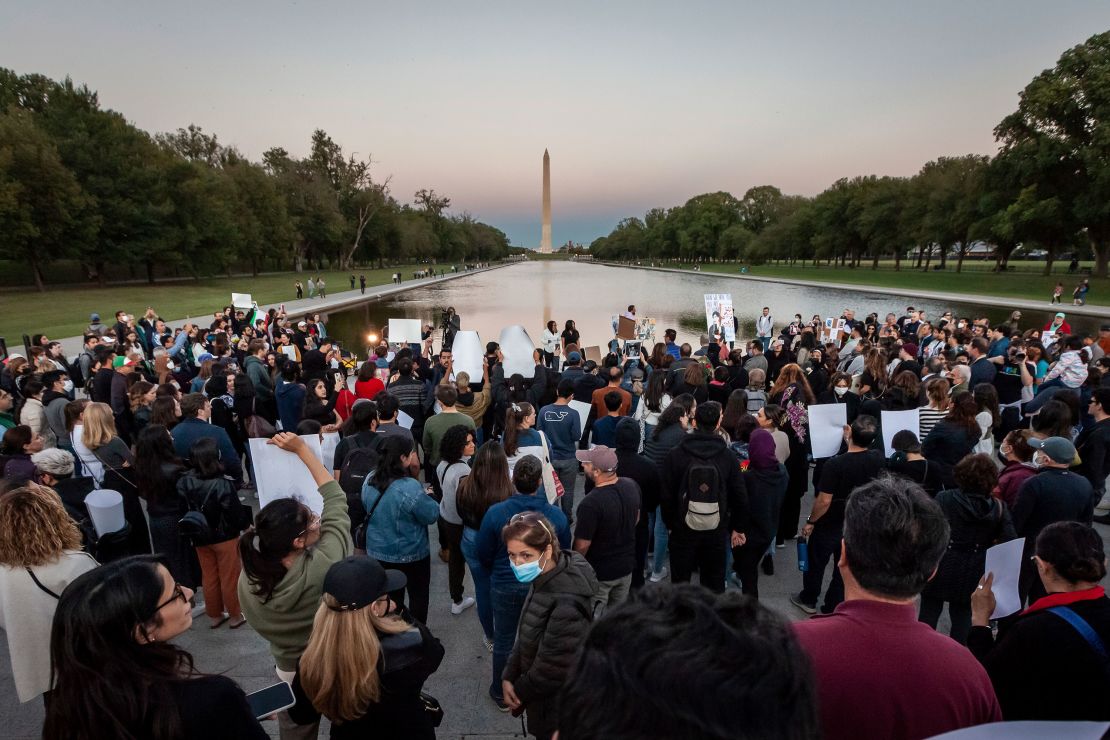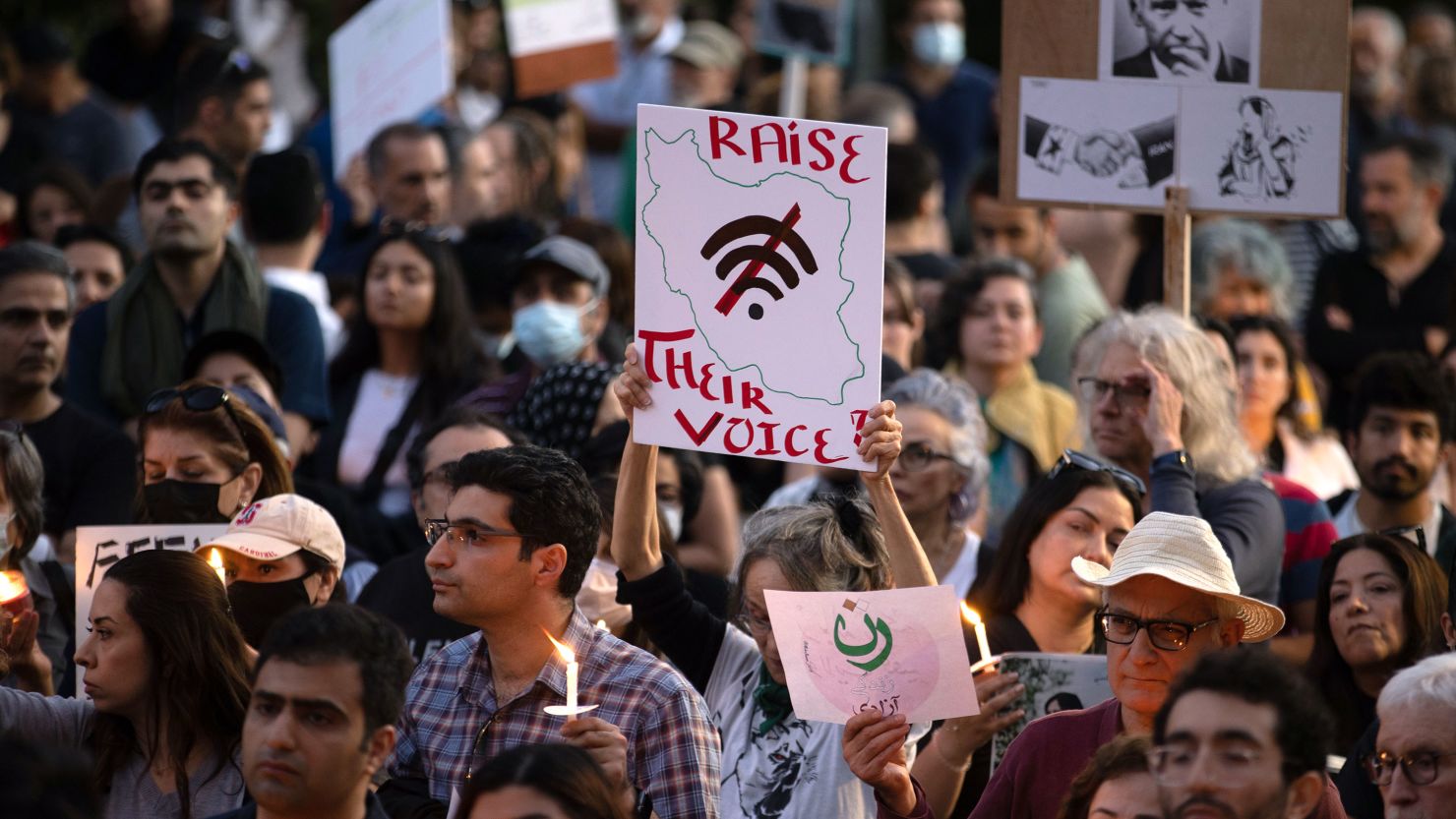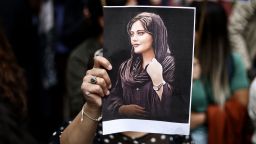Iranian Americans are staging demonstrations across the United States this weekend in solidarity with ongoing protests in Iran over the death of a 22-year-old woman who collapsed while in custody of morality police.
“Join us in solidarity and be the voice of the Iranian people who are getting brutally suppressed for fighting for basic human rights while their access to internet is cut off,” read a flyer for an event on Saturday in Boston. Similar events are being held in California, Rhode Island and Florida, among other states.
Protests erupted in the Islamic Republic earlier this week, following the death of Mahsa Amini last Friday. Days before her death, she was arrested by morality police in Tehran and taken to a “re-education” center to receive guidance on her attire. Iran’s morality police is a dedicated unit enforcing strict dress codes for women, such as wearing the compulsory headscarf.
While in custody, Amini fell into a coma and died shortly thereafter. Police have called Amini’s death an “unfortunate incident” and denied she was physically harmed in custody, semiofficial news agency Fars News said on Monday. Iranian officials have said Amini died after suffering a “heart attack” following her arrest, but her family say she did not have a preexisting heart condition.
Protesters, demanding justice and accountability for Amini’s death, have since taken to the streets of Tehran and beyond. Videos show crowds cheering as women cut their hair and burn their headscarves in defiance of laws requiring women to cover their heads while in public. Chants range from “Women, life, freedom” to “Death to the dictator,” a reference to Iran’s Supreme Leader Ayatollah Seyyed Ali Khamenei.
The government has attempted to curb dissent with force and an internet blackout. Dozens of protesters have reportedly been killed in resulting clashes with security forces.
CNN cannot independently verify the death toll – a precise figure is impossible for anyone outside the Iranian government to confirm – and different estimates have been given by opposition groups, international rights organizations and local journalists.
Amnesty International said Friday at least 30 people, including four children, had died; according to state media the Islamic Republic of Iran Broadcasting, 35 people have died.

In support of the protests, Iranian Americans are hosting rallies, vigils and other events. Many are calling for an end to the police crackdown, as well as greater human rights for Iranian women, including an end to compulsory dress codes.
Earlier this week, protests were held at the Lincoln Memorial Reflecting Pool in Washington, as well as University of California, Berkeley, among other locations. Demonstrations will continue through the weekend, including San Francisco, where supporters will attempt to form a human chain across the Golden Gate Bridge Sunday.
Majid Sadeghpour, an Iranian American who lives in Virginia, is one of the organizers of a Saturday rally in Washington. The protests, Sadeghpour told CNN, symbolize solidarity with those in Iran who are “ready to overthrow this regime despite the cost.”
“People of Iran are in the process of another revolution,” Sadeghpour said. “The regime has been declining for years and now is literally falling. We call on the international community to sever ties with this regime and instead support the Iranian people and their organized resistance.”
Sepideh Sanie, a protest organizer in Chicago, said she felt compelled to amplify Iranian voices, especially since the internet blackout has prevented so many from being heard.
“As people not living under the oppression of the Islamic Regime, we are obligated to speak up and be the voice of our people,” Sanie said. “The government has been restricting access to the internet and social media platforms to silence the voice of Iranians, and that is where we, those with freedom and access to different platforms, come in.”
Solidarity events are also taking place in other countries, including Turkey, Lebanon, United Kingdom, Italy, Spain and Germany.
CNN’s Ladan Anoushfar, Paradise Afshar, Negar Mahmoodi and Artemis Moshtaghian contributed to this report.




